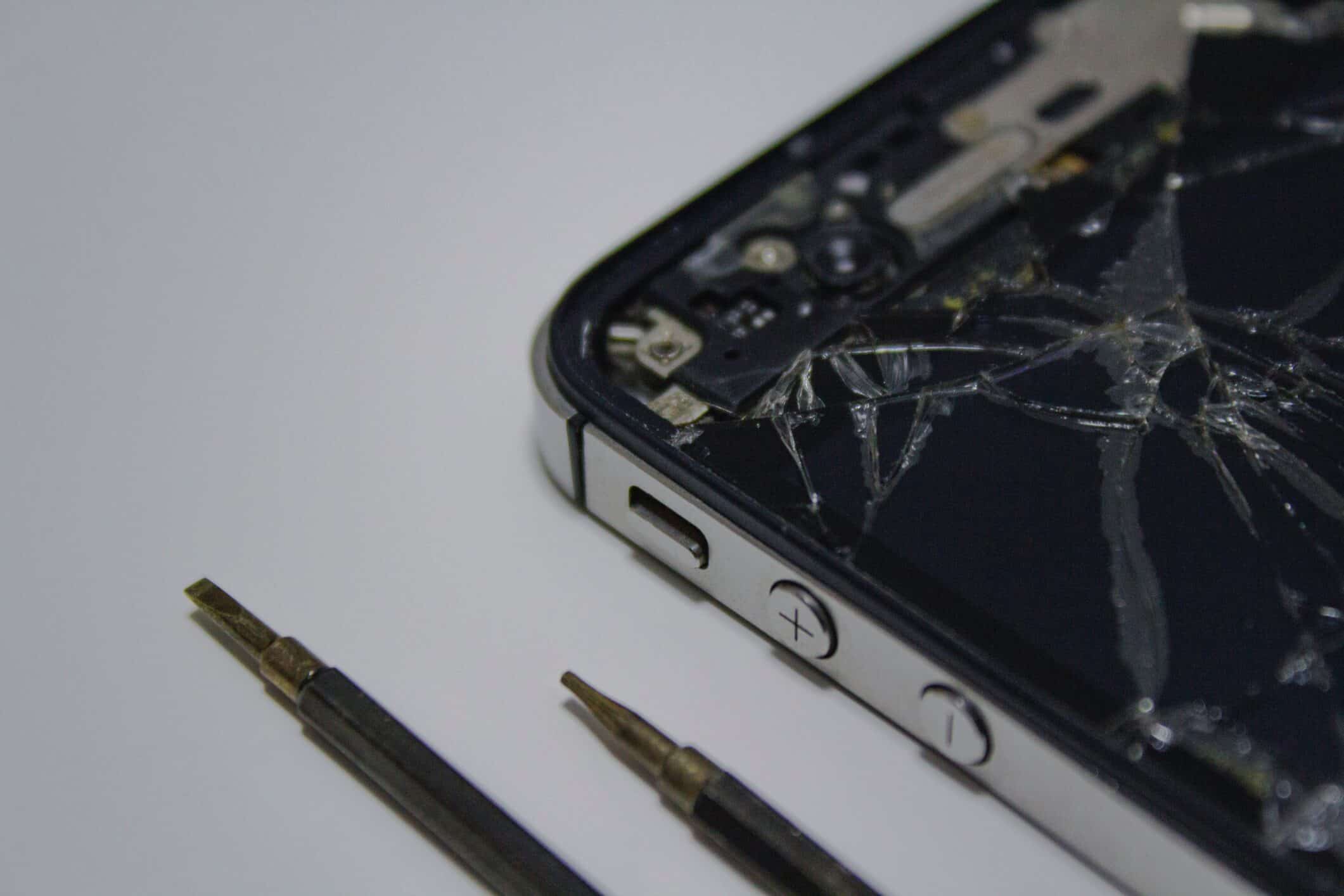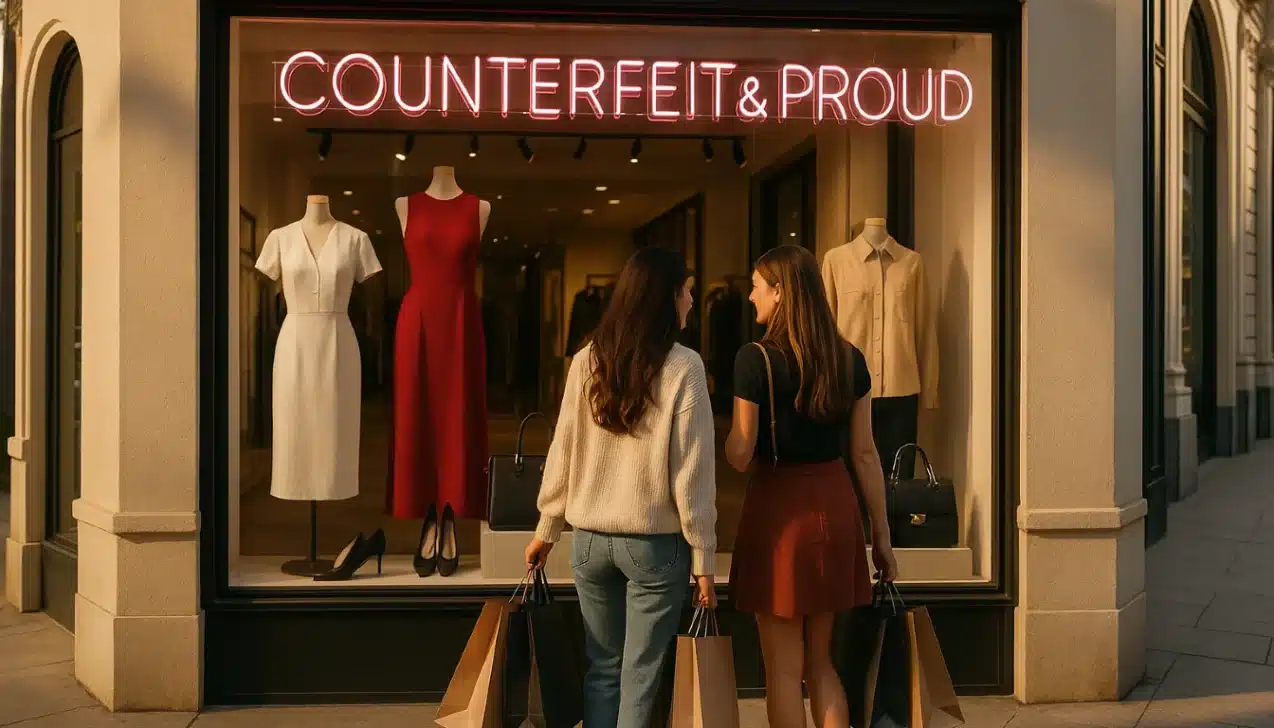“Care for what you have.” This was the little tagline I had printed on our first postcards for Fixup, the pop up repair shops I ran in New York City for the past seven years.
The tagline was meant to be read in two ways. As an imperative: in the face of overconsumption and waste you (we all) should repair our stuff rather than buying more. And as a noun: we, the Fixup team, will provide that care, making this rather challenging task easier for you. I had no idea whether my amateur stab at marketing copy would pass muster on Madison Avenue, but in 2013, living at the height of “peak stuff,” I believed deeply in the importance of that little phrase. And it is even more apt today: as we begin to recover from the pandemic, we can build a more sustainable and equitable economy by recognizing the value of care.
Recent times have exposed many fault lines in the terrain of our daily lives. Our home and work lives have been turned upside down. We have seen vulnerable populations, close to home and around the world, hit hardest by the pandemic and economic meltdown. And we have reckoned with the dividends of centuries of systemic racism and inequity. Beneath all of this, climate change continues to bear down with the heavy heat and crackling suppressed power of a summer thunderstorm close on the horizon, inchoate but palpable.

Sandra Goldmark, Author of Fixation
Even as we see the fault lines widen and the clouds pile up, we are in danger of slipping back into old, harmful patterns. During the early phases of the pandemic, we saw an initial plunge in consumer spending, but the numbers are ticking back up. While rebuilding the economy is critical for the millions of unemployed, the old model of “take-make-waste” and endless growth very plainly will not serve. Pre-pandemic, household consumption accounted for as much as 60% of global GHG emissions, a level to which we must not return. There is a healthier way to grow.
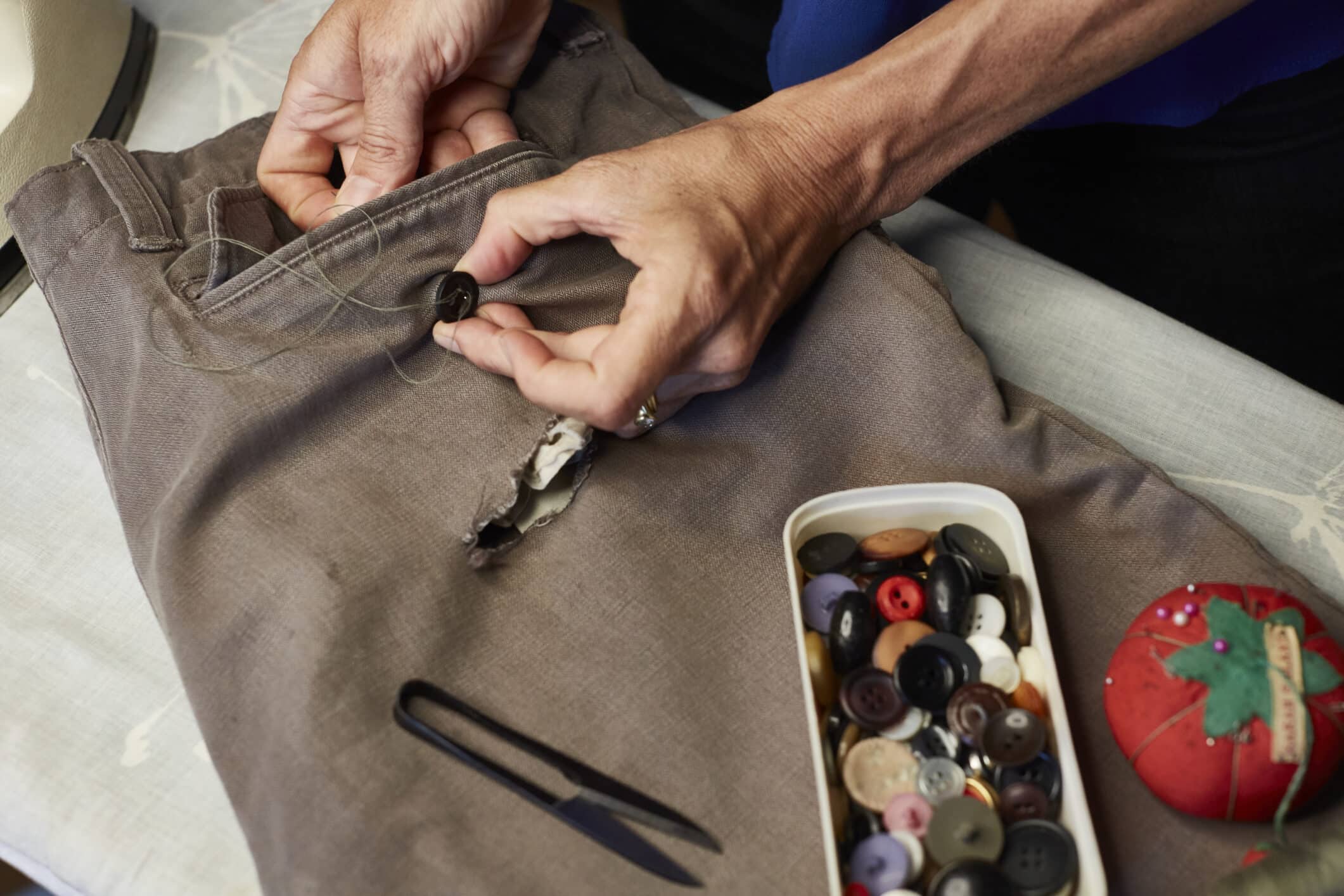
‘Care for what you have’ is a mantra for Fixup
In our repair shops, “care for what you have” referred to personal belongings. Our aim was to create alternatives to use-and-discard by making it easier for people to access repair services. We fixed toasters, blenders, chairs, necklaces, lamps, plush lobsters, and polyester therapy tunnels. (I didn’t know this last item existed, much less could break, but you learn a lot when dealing with thousands of people’s broken stuff). We wanted to find out whether people would get things fixed if it was possible to do so conveniently, and whether they would pay for the service.
I wanted to show bigger businesses that repair represents a potential stream of sustainable revenue
Many people were mystified that I didn’t want to operate as a non-profit, or a volunteer service. I was adamant about charging for our repairs: I wanted to shout from the rooftops that “care” for your old things was just as valuable as – or more valuable than – shiny new stuff from a store. And, when people lined up around the block to get their stuff fixed, I wanted to show bigger businesses that repair represents a potential stream of sustainable revenue. Because not only do individuals need to care for what we have, businesses and policy makers need to make it possible for us to do so.
Care is hard work that requires skill, patience, and creativity. And, as is all the more apparent in the face of the pandemic, in our society, care is deeply, critically undervalued. The vast majority of retailers and manufacturers today are locked into making and selling more every year, and neglect sustainable revenue from resale and repair. This devaluation extends beyond the purview of repair and household items, to the care and service we provide for each other: in the United States, on average, maintenance workers and caregivers typically earn at least ten dollars less than the average hourly wage.
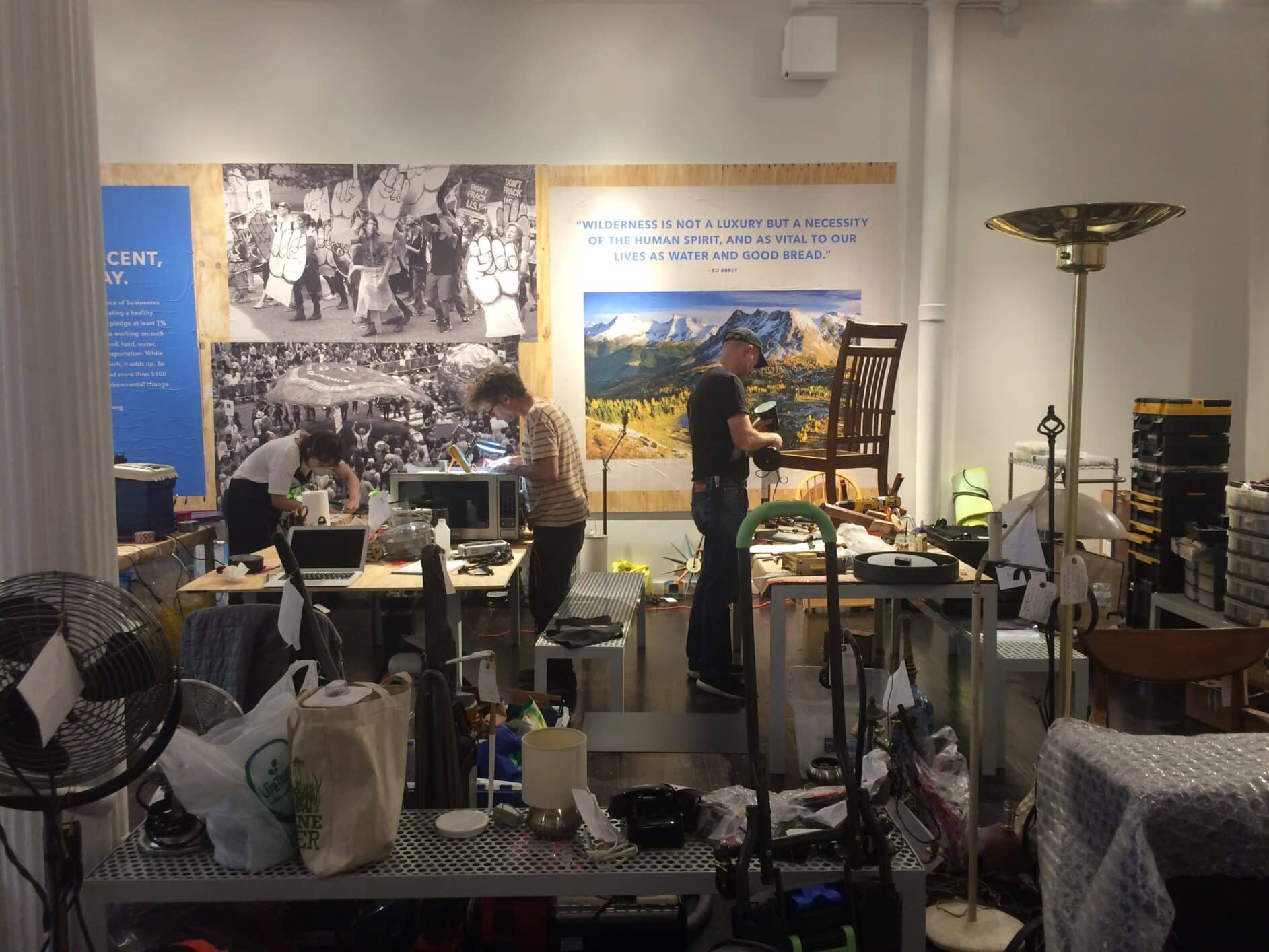
Busy times in the Fixup store
Those connections have become even more apparent today. Rhiana Gunn-Wright, one of the architects of the Green New Deal, recently argued that “Care jobs are green jobs.” Gunn-Wright was referring to child care, elder care, and health workers, but as Ukeles’ artwork shows, the concept applies across industries: the people who provide care of all kinds in our society are often women and people of color, and they are too often underpaid for work that that is critically important and “green.”
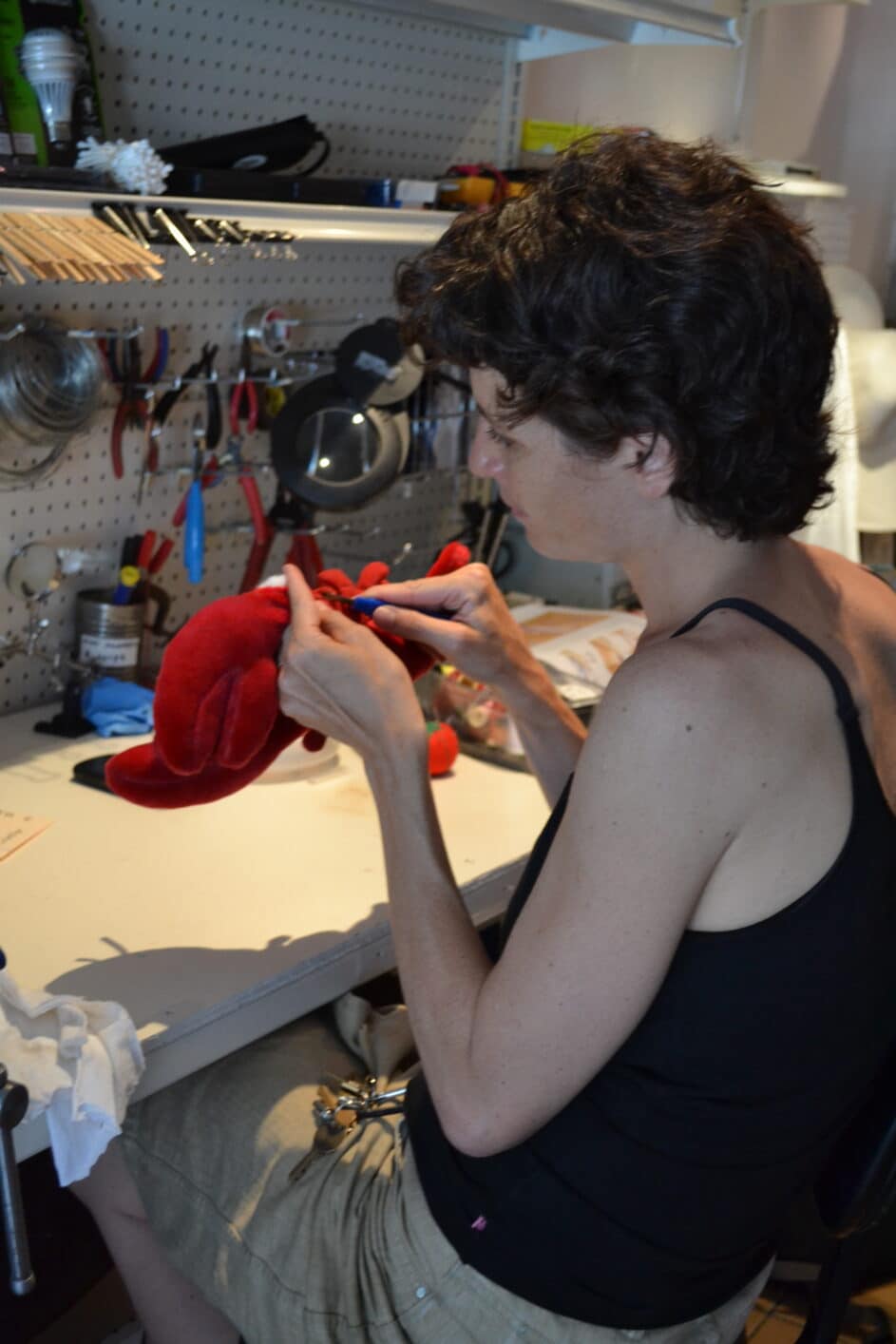
Sandra fixing a lobster
Simple steps (adapted from Michael Pollan’s food wisdom) to help you rethink your relationship with stuff and prioritize care:
Have good stuff: Buy things that are ethically made, high-quality, and repairable in the first place. You may have to spend a little more, but it’s worth it. Pause before you buy something new, knowing that this should be a long-term relationship!
Not too much: Clutter leads to overwhelm, and waste. It’s hard to care for your stuff if you are drowning in it.
Mostly reclaimed: Used goods are more sustainable, usually local, and often allow access to a higher quality product.
Care for it: Build repair, alterations, and maintenance into your time and money budget. You’ve just spent less on those used slacks – now maybe you can afford to have them altered to look even better.
Pass it on: When you are done with an item, pass it on. Care extends all the way to the end.
Last but not least, fight for it. Let manufacturers and retailers know that you want service for your stuff. And let your representatives know that you support legislation that promotes a sustainable and equitable care economy.
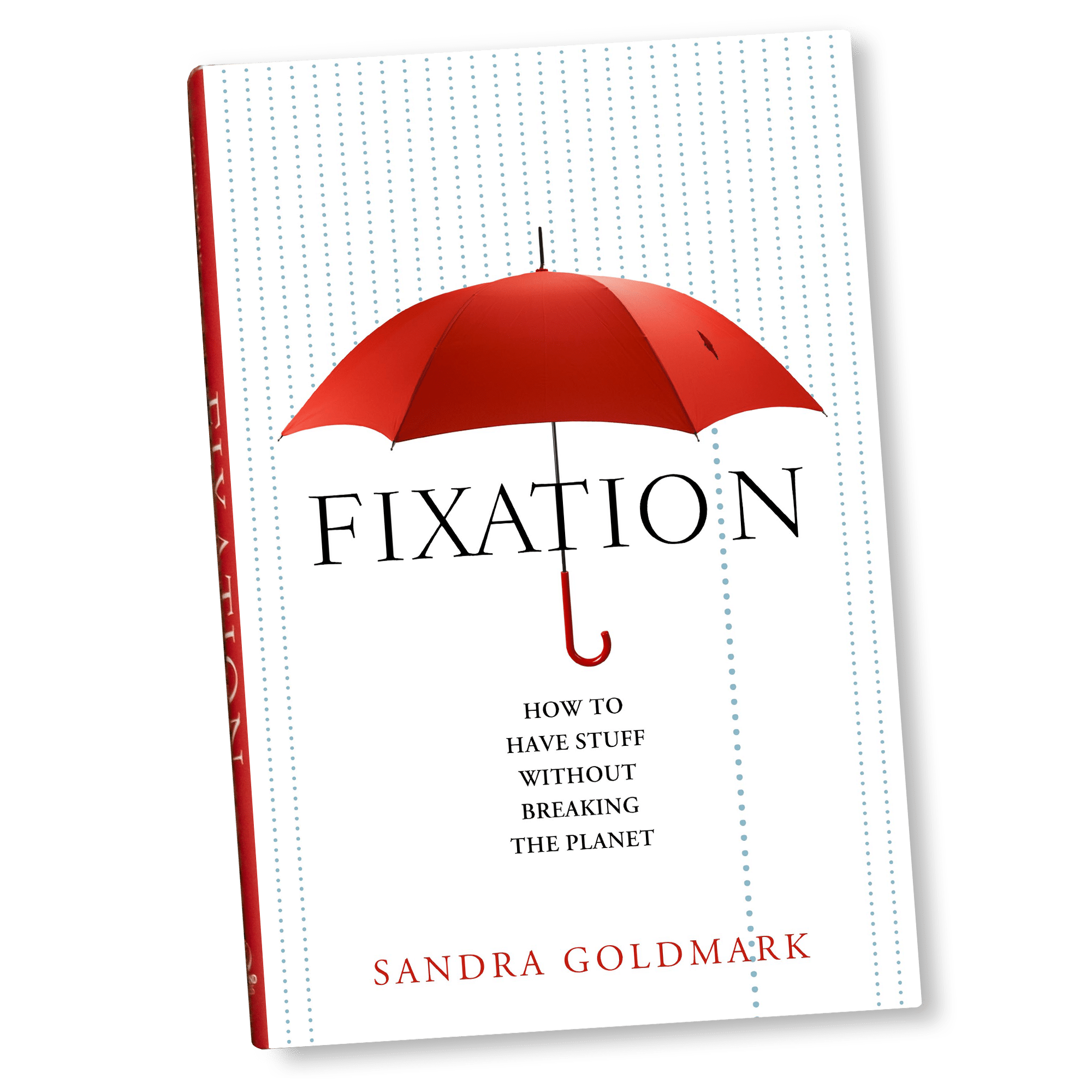
Fixation, How To Have Stuff Without Breaking The Planet
Fixation, How To Have Stuff Without Breaking The Planet, by Sandra Goldmark is out now and available from Amazon and other booksellers.
